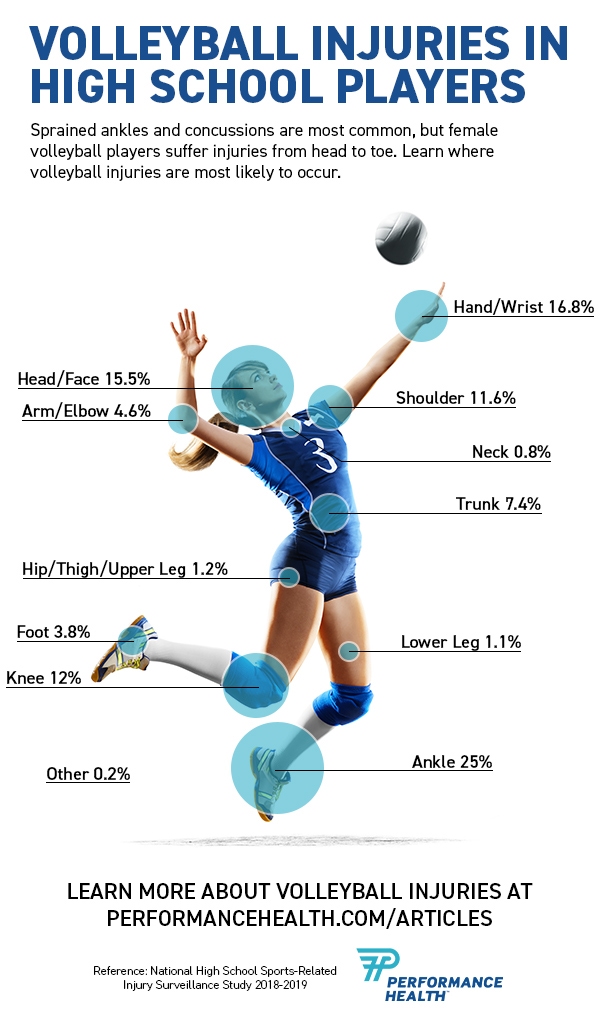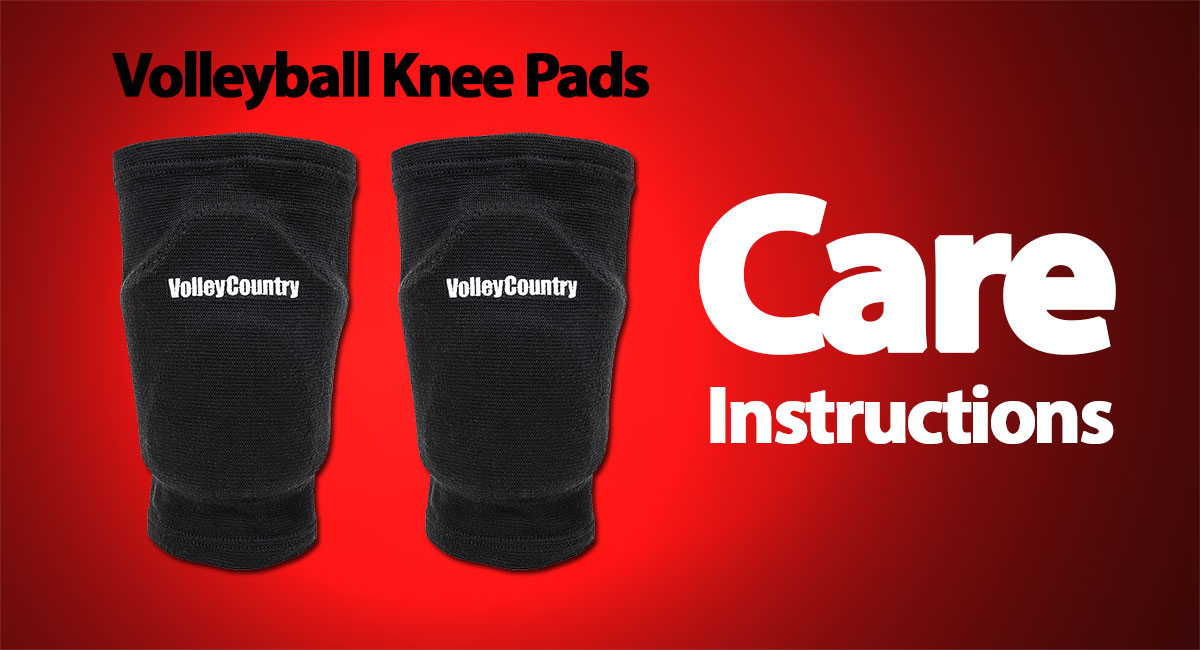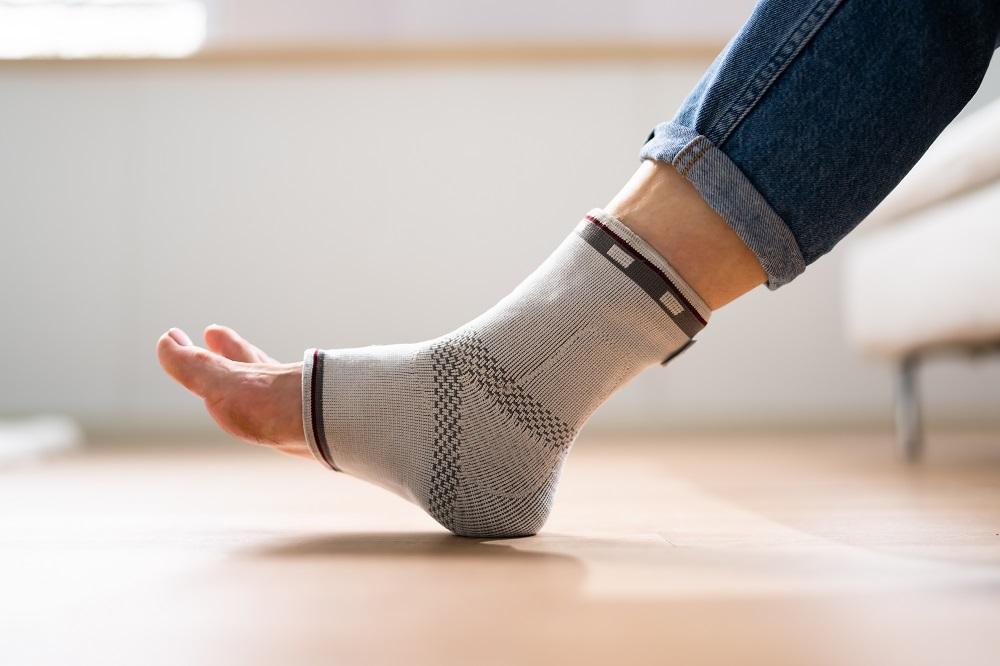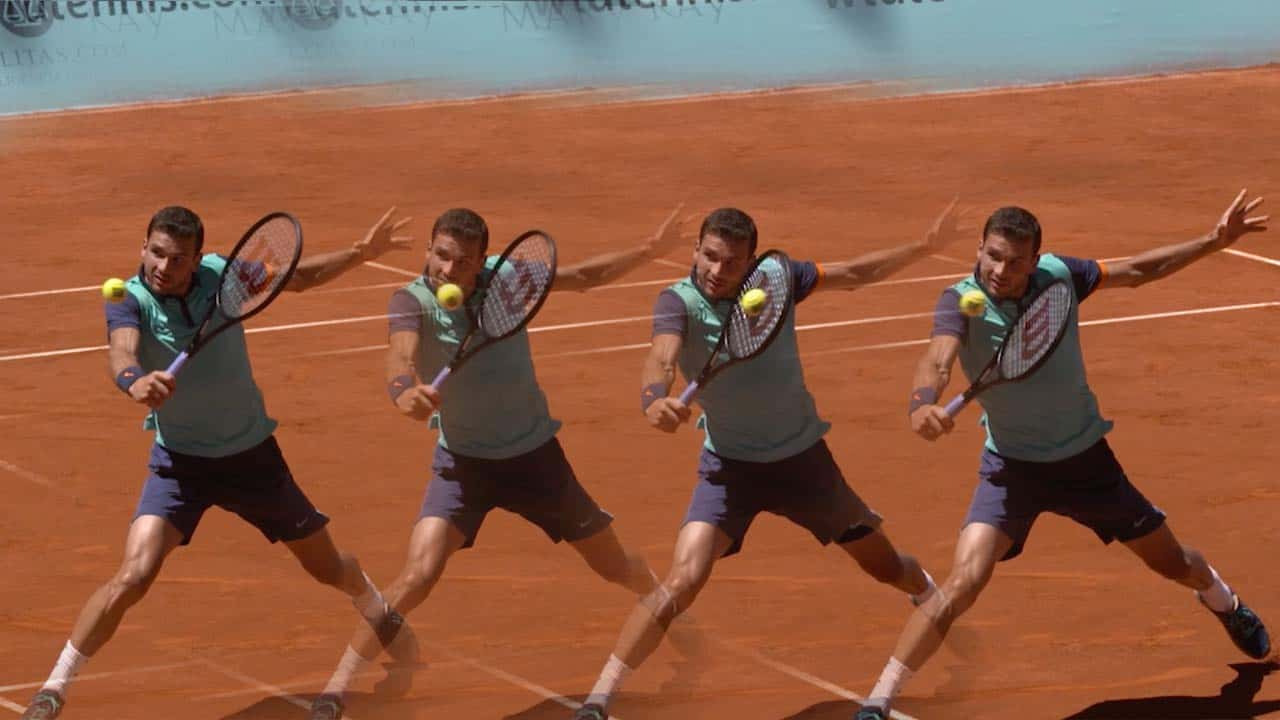Playing volleyball is an exciting and intense sport that requires repetitive arm movements, including serving, hitting, and blocking. While it can be a lot of fun, it can also lead to various injuries, with shoulder pain being a common problem amongst volleyball players. Whether you are a professional or just a recreational player, it’s important to know what to do if your shoulder starts to hurt. In this article, we will discuss some tips and remedies to help you alleviate shoulder pain caused by volleyball.
1. Rest and Ice
When you start experiencing shoulder pain, the first thing you should do is rest. Avoid any activities that aggravate the pain and give your shoulder time to heal. Applying ice to the affected area for about 15-20 minutes, multiple times a day, can also help reduce swelling and relieve pain.
2. Stretching and Strengthening Exercises
Performing specific stretching and strengthening exercises can help improve the flexibility and stability of your shoulder joint. Consult with a physical therapist or a sports medicine professional to learn the right exercises tailored to your condition.
3. Modify Your Volleyball Technique
Your shoulder pain may be a result of poor technique or repetitive stress on the joint. Working with a coach or an experienced player can help you identify any flaws in your technique that may be contributing to the pain. Modifying your technique and using proper form can significantly reduce the strain on your shoulder.
4. Use Supportive Bracing
If your shoulder pain is persistent, using supportive bracing or taping techniques can provide additional stability and alleviate stress on the joint during play. Consult a sports medicine professional for guidance on the right type of bracing for your specific condition.
5. Take Over-the-counter Medication
Over-the-counter nonsteroidal anti-inflammatory drugs (NSAIDs) like ibuprofen can help reduce pain and inflammation in the shoulder. However, it’s crucial to follow the recommended dosage and consult a healthcare professional if the pain persists or worsens.
6. Rest and Rehabilitation
If your shoulder pain is severe or doesn’t improve with self-care measures, it’s important to seek medical attention. A healthcare professional can conduct a thorough evaluation and recommend appropriate rehabilitation techniques, such as physical therapy, to help you recover.
7. Prevention is Key
Ultimately, prevention is crucial to avoid shoulder injuries and pain. Warm up properly before playing, focus on strengthening your shoulder muscles, and maintain good overall physical fitness. Additionally, listen to your body and don’t ignore any signs of pain or discomfort.

Credit: www.performancehealth.com

Credit: www.youtube.com
Frequently Asked Questions For What To Do If Your Shoulder Hurts From Volleyball?
Why Does My Shoulder Hurt After Volleyball Games?
Your shoulder may hurt due to overuse, poor technique, or muscle strain from volleyball activities.
What Are Common Shoulder Injuries From Volleyball?
Common shoulder injuries in volleyball include rotator cuff tears, shoulder instability, and bursitis from repetitive overhead movements.
How Can I Prevent Shoulder Pain From Volleyball?
You can prevent shoulder pain by warming up, doing shoulder-strengthening exercises, using proper technique, and taking rest when needed.
What Are The Best Exercises For Shoulder Injury Prevention?
Exercises such as shoulder external rotation, scapular strengthening, and shoulder abduction can help prevent shoulder injuries in volleyball players.
Conclusion
If you experience shoulder pain from playing volleyball, it’s essential to take immediate action to avoid further damage and promote healing. Rest, ice, and appropriate exercises can help alleviate pain and improve shoulder function. Seek professional advice if the pain persists, and remember to prioritize prevention to ensure a long and healthy volleyball career.



